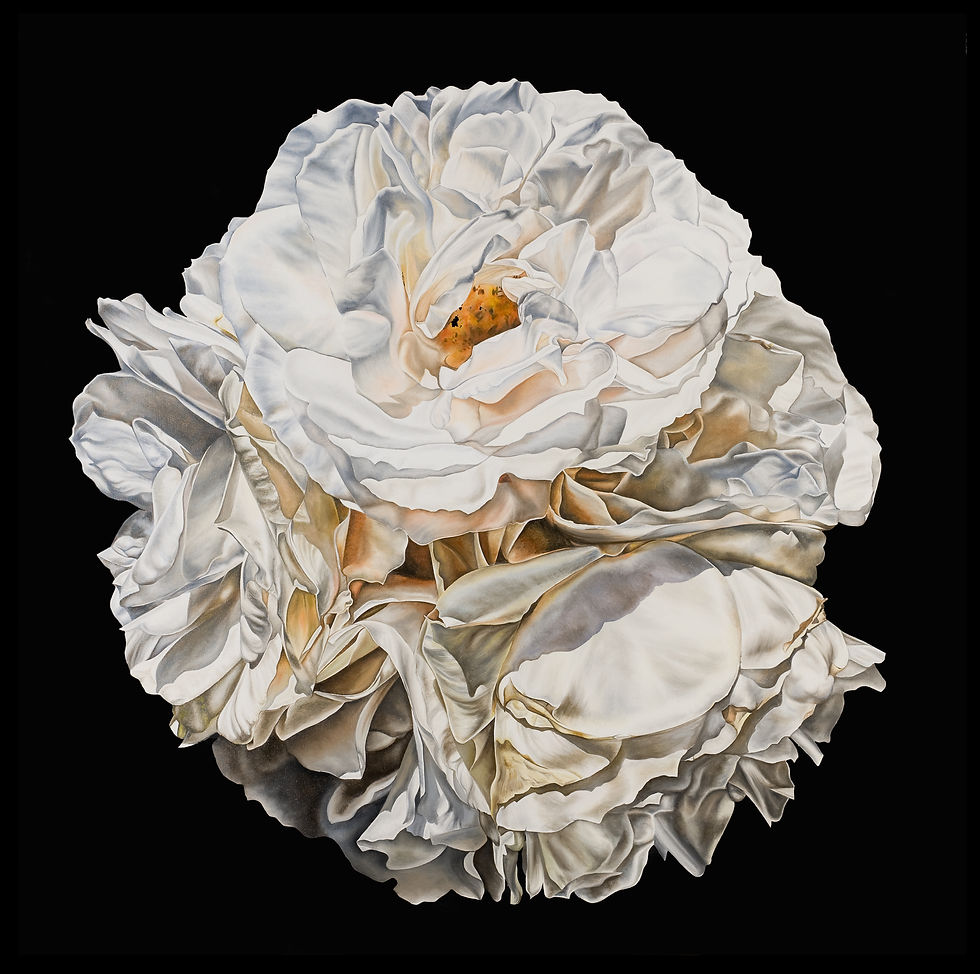R.Prost/ 'In the Mood For...'
- Jul 22, 2022
- 2 min read
I was born and raised in Chicago with a background in literature rather than the visual arts. I have always been interested in both the visual aspects of language and the contexts in which language is found. Being interested in language inevitably leads one to the book. It is a uniquely human invention and, as such, is an analogy for people. The book can provide a nearly limitless range of metaphors. Although I have made use of more conventional formats, I have largely explored the altered book and book object in my work. I continue to delve into many of the more arcane facets of language in my printed work. I have been fortunate enough to have my work in many public and private collections throughout the world and to have participated in a number of international exhibitions.
My work deals with language and it has its roots in visual poetry rather than conceptual art. The sensibility in my work is a literary sensibility and I use language as language. Kitasono Katue, a seminal figure in Japanese visual poetry has said, “Words are the most uncertain signals devised by human beings for communication.” This uncertainty parallels the uncertainty of experience and opens up a work to many interpretations thereby broadening its potential scope. I am interested in this opening up, in the inductive possibilities of language. For me, language exists between its source (be it page, computer screen, billboard, speaker, etc.) and its receptor. Because it is outside of both source and receptor, it requires both to activate meaning. A relationship is needed for language to function. Traditionally, language appears as black letters on white. This format appeals to me. It injects the world of opposites. Mallarme interpreted printed texts as precincts of sound (words) and silence (white areas).prefer I to view this arrangement as more complementary, each component being dependent upon the other in a natural balance. My work’s ultimate goal is simple communication made possible by the intrinsic poetry of words. There is an old Chinese adage to which I subscribe: “Only plain food has real taste.”
















Comments